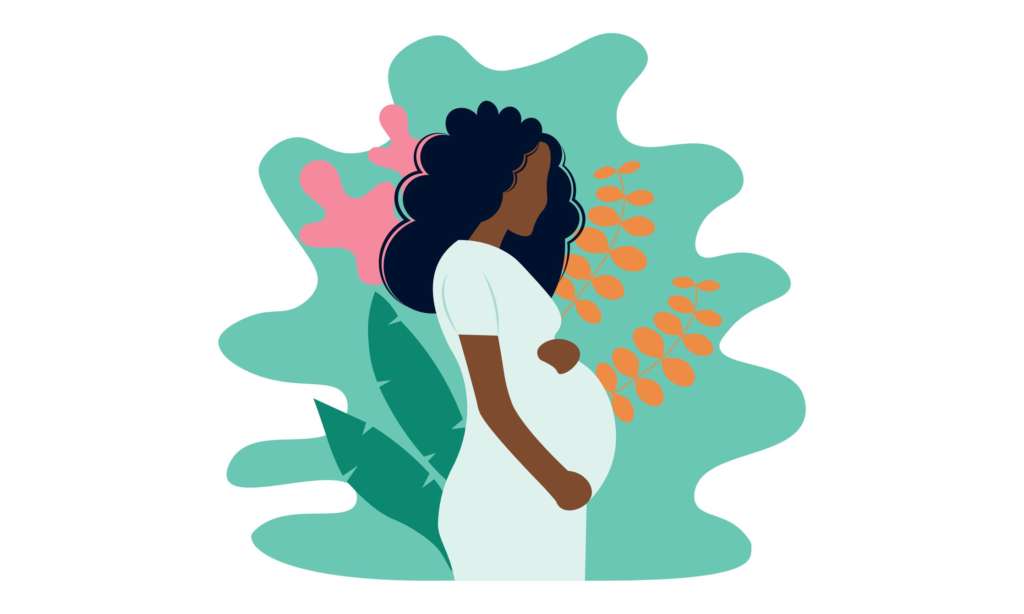Recurrent Miscarriage is a treatable condition – Antai Hospital

The term miscarriage refers to the loss of a pregnancy prior to the fetus being viable. This can be defined as reaching 20 or 24 weeks’ gestation depending on the source of the data. Vaginal bleeding during the first 20 weeks of pregnancy, with or without pain, is known as threatened miscarriage. This can present with anything from spots of blood to potentially fatal shock. Once dilation of the cervix has begun, miscarriage is inevitable.
Ten per cent to 15% of all clinically recognized pregnancies end in miscarriage (Regan 1989), with 1% to 2% of couples suKering recurrent early losses (traditionally defined as three or more spontaneous miscarriages;). It is thought, however, that the true incidence of early spontaneous miscarriage may be much higher.
However, contrary to common consensus, many cases of recurrent miscarriage, previously thought to be unfathomable, can effectively treated at Antai Hospital. They can all be detected and screened early on, and a healthy pregnancy can be secured for patients.
Why is this important?
The occurrence of a miscarriage may induce significant emotional distress in both partners. Initial emotional numbness and denial, anxiety, shock, sense of loss, sadness, emptiness, anger, inadequacy, blame and jealousy, depression, sleep disturbance, social withdrawal, anger and marital disturbance have all been described as emotional responses to pregnancy loss
Common Causes for Recurrent Miscarriages
The etiology behind recurrent miscarriage is apparent and clear at Antai Hospital. Up to 43 individual causes are responsible for the occurence of recurrent miscarriage, and most often they are caused by undiagnosed-untreated factors within the patient, which are mostly treatable and preventable.
General Causes Can be Categorised:
- Uterine Factors (ashermans, adenomyosis, endometriosis, uterine malformations, cysts, fibroids, etc)
- Ovarian Factors (PCOS, ovarian cysts, teratoma, premature ovarian insufficiency)
- Immunological Factor (the presence of anti-embryonic antibodies)
- Progesterone Insufficiency
- Chromosomal Abnormality (treatable if caused by environmental factors)
- Blood-insufficiency Factors
- Abnormal embryonic implantation
- Short Cervix
- Cervical Insufficiency
- Hyperemesis Gravidarum
Diagnosis of Recurrent Miscarriage
Before pregnancy, we do highly recommend patients to undergo a thorough and systemic reproductive health screening to identify if they suffer from any of the diseases. This is to ensure no complications arise during pregnancy.
Common screenings include:
- Electrochemiluminescence (ECL) to check for endocrine hormonal levels and anti-embryonic antibodies
- 3D Dynamic Hysterosalpingography and 4D Color Doppler Ultrasound to check the shape of the uterine cavity
- 3D Hysteroscopy to inspect the interior cavity of the uterus for abnormal tissue growths or bleedings
Antai Hospital : Expert In Miscarraige Treatment & Prevention
Antai Hospital is a maternity hospital specializing in the treatment of all miscarriages and recurrent miscarriage. The hospital owns patented diagnosis and treatment for recurrent miscarriage and offers full contractual guarantees, with success rates up to 95%. Your miscarriage can be treated with the correct expertise and experience at Antai Hospital, get in touch with us today!